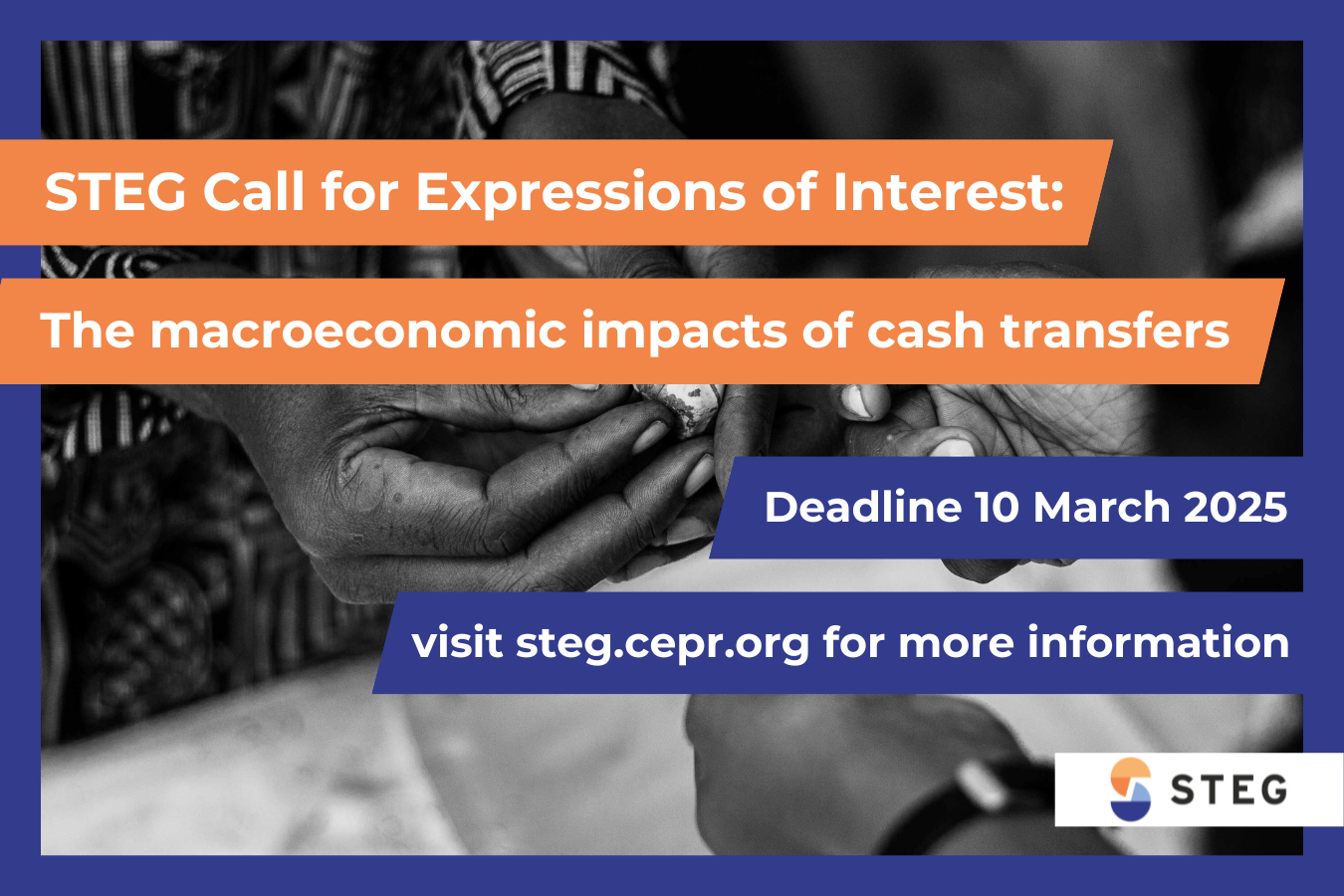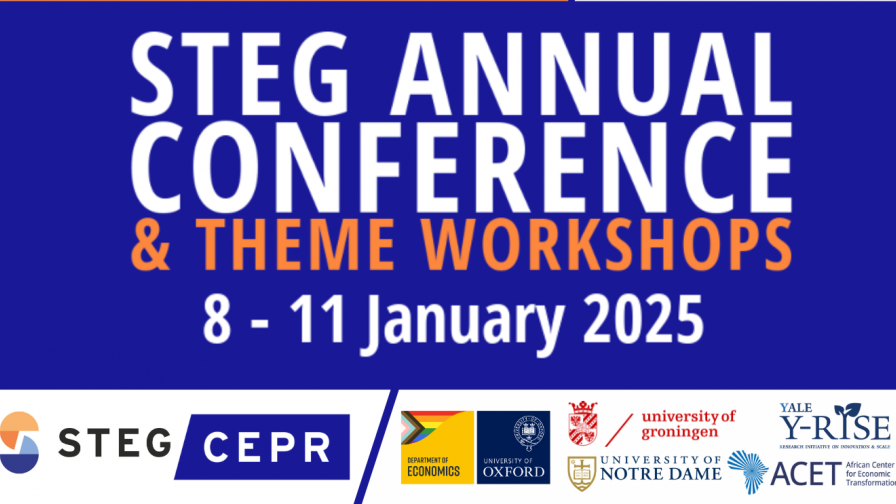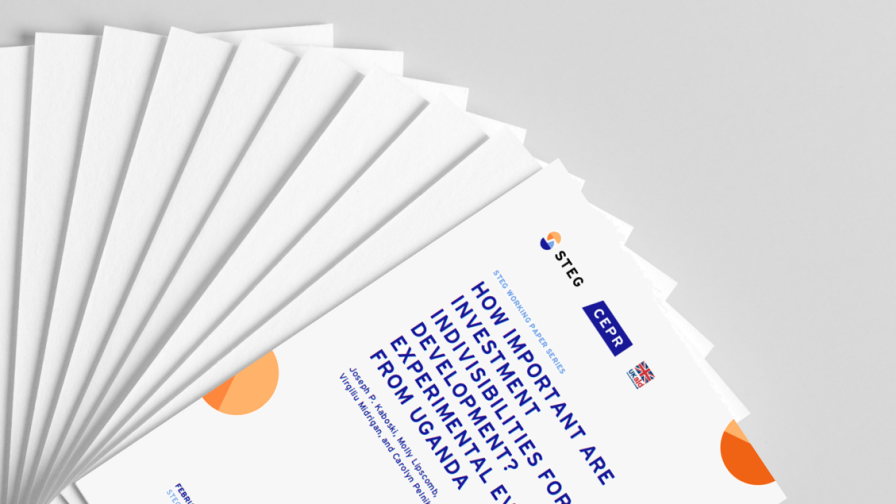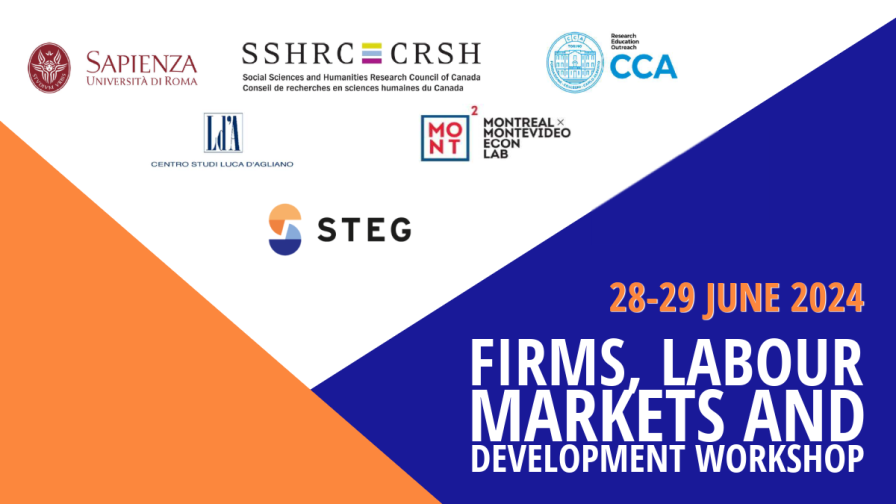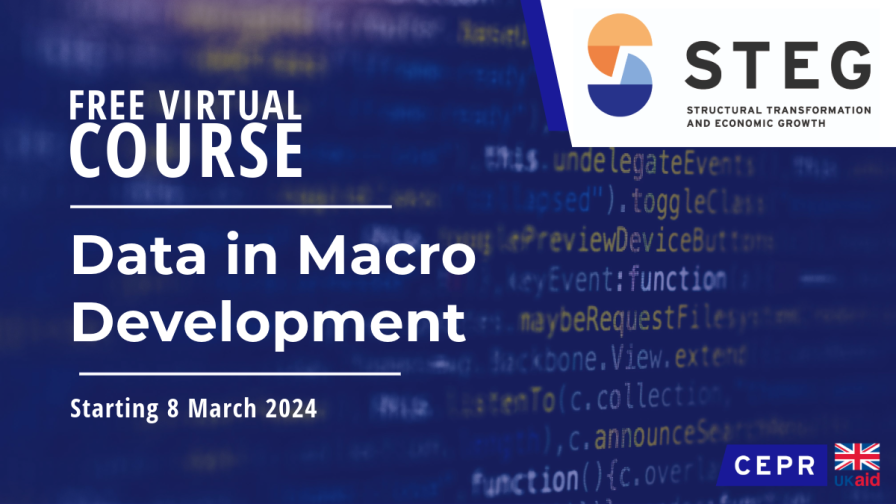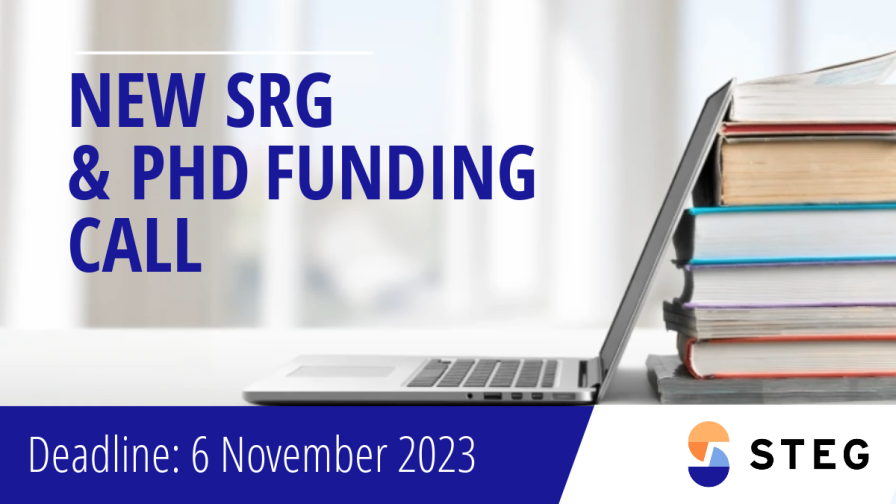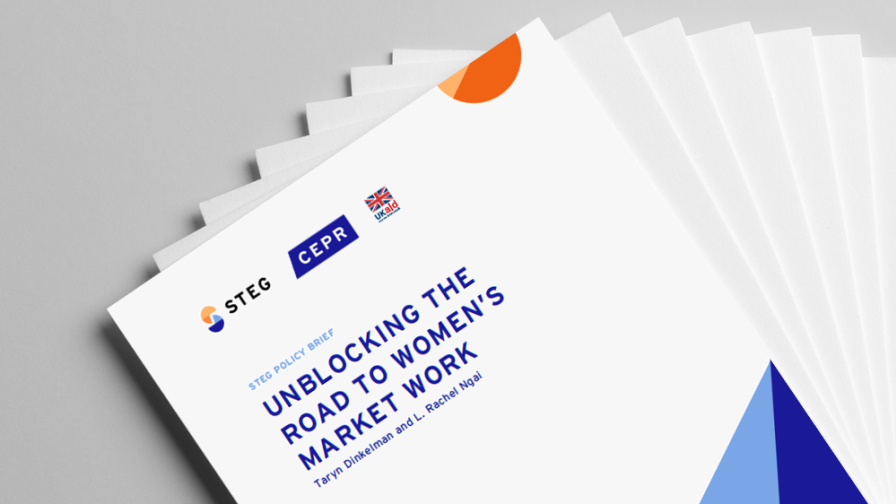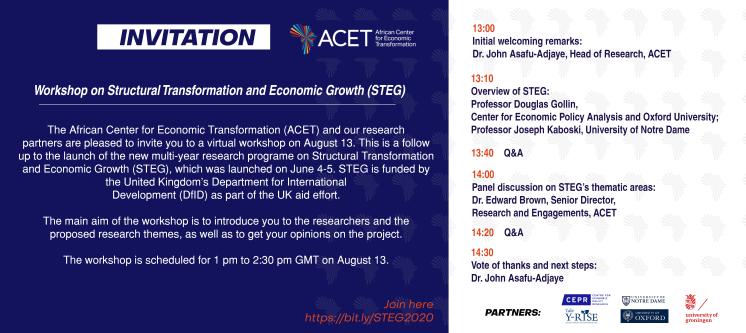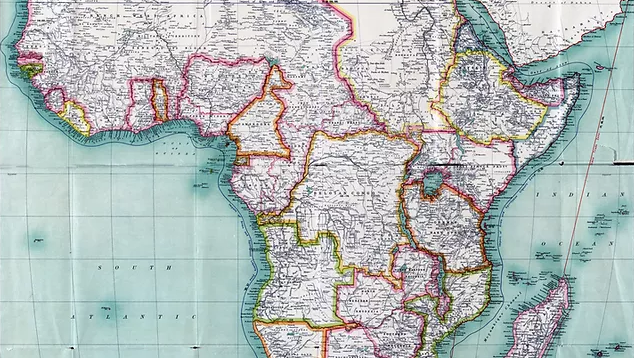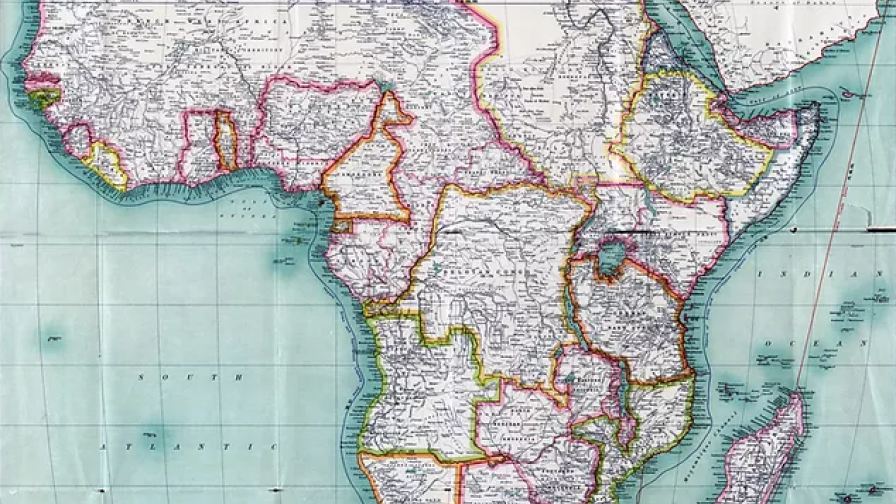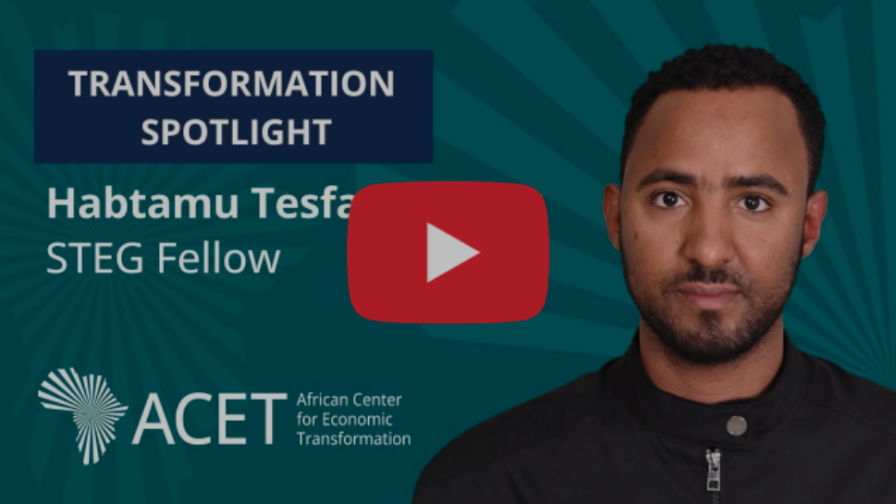STEG invites submission of Expressions of Interest (EOI) for research projects to understand the macroeconomic impacts of large-scale cash transfers.
Large-scale development interventions play a growing role in development policy. A particularly relevant example is the use of large unconditional cash transfers. Such programs are increasingly of interest both to philanthropic donors and governments. An example is the rapid expansion of cash transfers to 30M people in South Africa during the COVID-19 pandemic and beyond. In this call for expressions of interest, STEG seeks to fund 6-8 research projects to inform the implementation of an actual large-scale cash transfer that will be implemented by GiveDirectly in Malawi over the next two to three years.
The proposed intervention will be implemented by GiveDirectly in collaboration with the government of Malawi. The program is likely to feature one-time large lump-sum unconditional cash transfers to eligible adults within different villages; the cash transfers will be delivered through mobile money. Give Directly approached STEG in an effort to gain insight into potential macro impacts that should be considered in program design and implementation. The STEG-funded studies may also be used to shape the randomization strategies and data collection methods of this intervention, in order to maximize the knowledge that can be gleaned about the impacts of the program, both micro and macro, of the program.
To evaluate the effects of this policy, GiveDirectly is committed to randomize the timing of the receipt of such transfers at both the individual and the regional level. The transfer size is expected to be large: about $550 per adult. This implies transfers will represent 100 to 150% of local GDP of most villages that are treated under the program. GiveDirectly and stakeholders are considering the possibility of additional cross-cutting interventions, including, e.g. climate-smart agriculture interventions, or health or community investments. The ultimate ambition of GiveDirectly and the governments of Malawi is to give cash transfers to every person living in extreme poverty within both countries – a total of approximately 10 million people over the next decade, with the transfer size approaching 25% of national GDP. Naturally, the final scope of the program and therefore the speed at which transfers will roll out will depend on fundraising efforts and operational capacity.
The projects funded by STEG will play a role in shaping and evaluating this intervention. By being part of this initiative before the actual intervention will happen, we hope that the funded proposals, through their structural modeling, will inform ex ante the strategy of rollout, the unit of randomization, and the data collection. In turn, we will have the opportunity to use the ex post experimental data to evaluate the predictions of the structural analyses used in the STEG-funded projects. Research projects can address (but are not limited to) questions such as
- How might we model the effects of scaled-up programs – beyond the level of individual communities, to encompass entire regions or even countries?
- What are the overall welfare effects of such initiatives, once general equilibrium effects and distributional implications are specifically taken into account?
- What kinds of data might need to be collected to support the development of macro models or structural analyses?
- What methodological tools are needed to combine experimental approaches with structural or macro-modeling?
- How would we evaluate the usefulness – or even the “accuracy” – of such models?
- Should we aim to discipline the ex-ante processes of model selection and design, akin to pre-analysis plans for empirical work? If so, how should this be done?
Deadline:
This grant call has a two-stage process. In the first stage, we invite expressions of interest (EOIs). Successful proposals will be invited to submit a full proposal with a budget in the second stage.
The EOI should be in the form of a one-page Extended Abstract plus references and must be submitted before a formal application. The EOI should clarify how the project aims to (i) use structural work to quantify the macroeconomic impacts of cash transfers, (ii) exploit the experimental intervention to discipline the model and (iii) how the project can give guidance on how the intervention should be designed and what data should be collected. The EOI should also provide an estimated total budget.
EOIs should be submitted by 10th March 2025 to [email protected]. We will not be able to consider EOIs received after the deadline. Please note that substantive feedback will not be provided at the EOI stage, prospective applicants will only receive an indication of whether they can submit a full proposal. If invited to submit a proposal following a review of the EOI, full applications should be submitted by 7th April 2025. More information on how to apply as well as access to the online application form are available here.
If you have any questions, please contact the STEG Team at [email protected].
